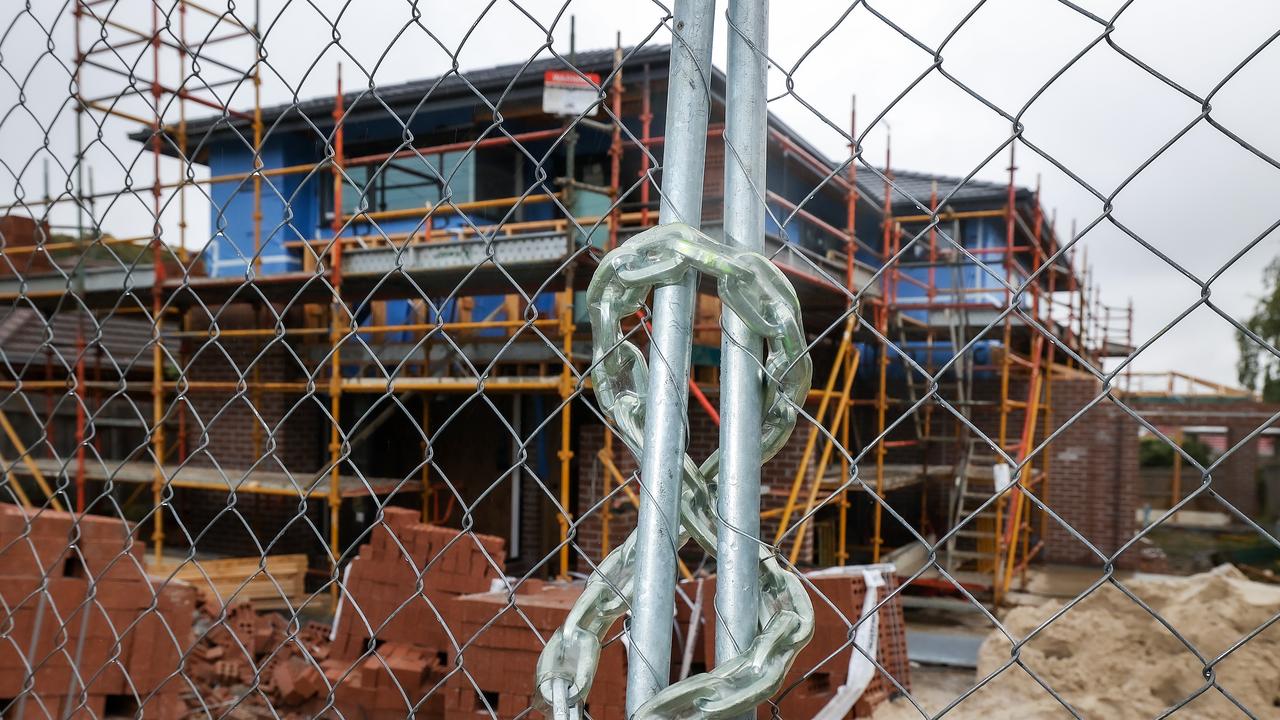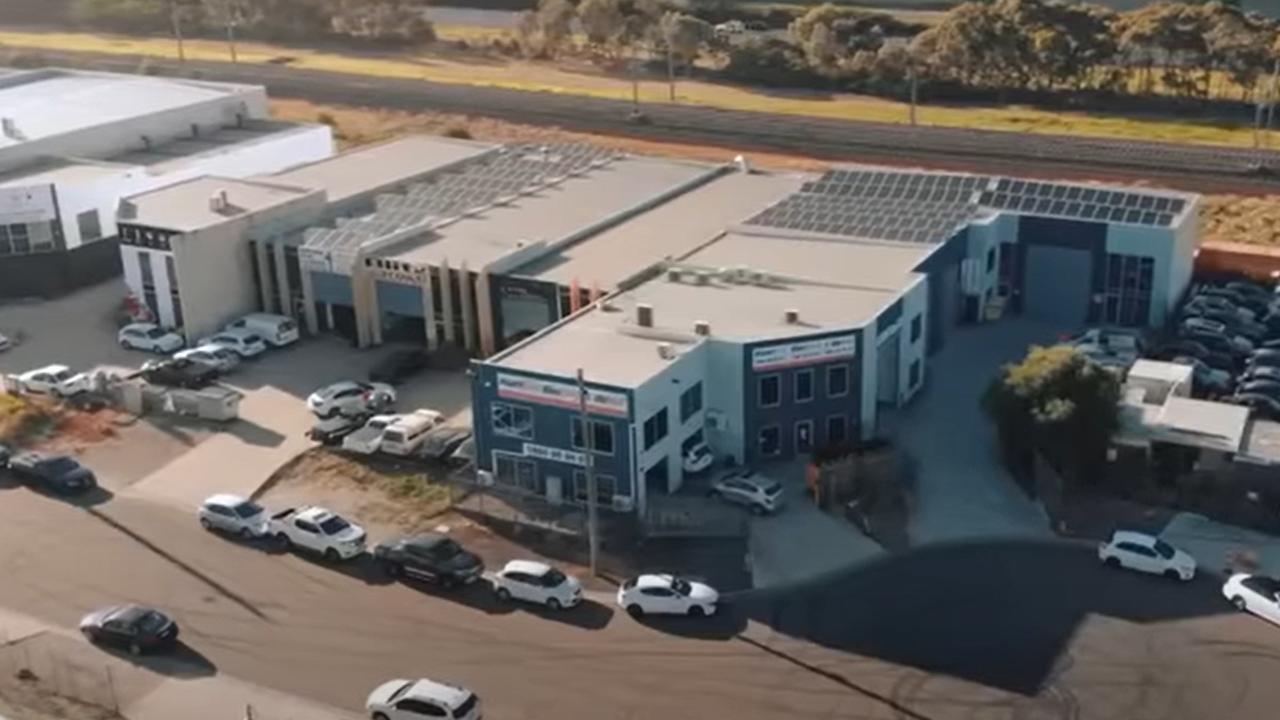As a homeowner, there are few things more stressful than hiring a tradesperson or contractor only to have them go out of business mid-project. As reported by News Australia website the recent collapse of the Plumbfirst Group is a stark reminder of what can happen when things go wrong, leaving many customers unsure of what to do next.
To avoid finding yourself in a similar situation, it’s important to do your due diligence before hiring a tradesperson or contractor. We’ve compiled a five-part checklist to help you spot companies at risk of closure and avoid getting caught in a tradesperson’s company collapse.
From checking your contractor’s insurance to researching their online presence, these tips will help you make an informed decision when hiring a contractor for your next project.

Your five-part checklist to spot companies at risk of closure
- Do they have insurance?
For those in New South Wales who have had jobs worth over $20,000 completed by the Plumbfirst Group, it may be possible to claim through Home Building Compensation Fund (HBCF).
HBCF acts as a safety net for NSW homeowners to help avoid financial loss as a result of incomplete and defective work if a builder or tradesperson disappears, dies, becomes insolvent or has their licence suspended.
In Victoria, a similar safety net is available in the form of the Domestic Building Insurance. Domestic Building Insurance is available for home building projects in Victoria valued at $16,000 or more.
If you’ve been affected by a company collapse, we recommend checking with your insurance policy to see if it’s possible to claim.

- Do they have a fair trading record and contractor license number?
Make sure to check a contractor’s credentials before hiring them to ensure that they are reputable and qualified to perform the work.
To check if a contractor has a valid license in Australia, you can visit the website of the relevant state or territory regulatory authority. Each state or territory has its own regulatory authority, so it’s important to check the specific authority for your area. You can usually search for a license number or the name of the contractor to verify their license status.
You can also check a contractor’s fair trading record by contacting the relevant state or territory fair trading or consumer affairs agency. They can provide information on any complaints or disciplinary actions against the contractor. You can also check if the company is registered with the Australian Securities and Investments Commission (ASIC) and if they have a valid Australian Business Number (ABN).

- Are they asking for more than a 10% deposit?
It’s generally not recommended for a building contractor to ask for more than a 10% deposit, as this could be a red flag for potential fraud or unethical behaviour. A higher deposit may indicate that the contractor is financially unstable or doesn’t have the resources to start the project without the extra funds. Additionally, it could be a sign that the contractor intends to use the deposit for something other than the project itself.
If a contractor is requesting more than a 10% deposit, it’s important to ask for a clear explanation of why the extra funds are needed. It may be reasonable in some cases, such as for large-scale or custom projects that require a significant investment of resources upfront. However, if the explanation seems vague or suspicious, it’s best to proceed with caution and potentially consider other contractors.
- Do they have a strong online presence?
Checking a tradesperson’s online presence can provide valuable insights into their reputation and credibility. Online reviews can provide an idea of what previous customers have experienced when working with the tradesperson.
It’s also a good idea to see if the company has an active and professional-looking website. A well-designed website can indicate that the company is established and takes its business seriously. A poorly designed or outdated website may suggest that the company is not up-to-date with current industry standards or may not have the necessary resources to invest in a proper online presence.
Another way to assess a tradesperson’s online presence is by doing a Google Maps search to verify that they have a physical business office. This can be a good sign that the company is established and has a permanent location, as opposed to being a fly-by-night operation that may disappear as soon as the job is done.

- Do you have good references?
Checking references can provide valuable information about the quality of a contractor’s work and professionalism. By speaking with past clients, you can understand how the tradesperson operates, their communication style, and ability to complete projects on time and within budget.
References can also help you determine if the tradesperson is a good fit for your specific project. For example, if you’re hiring a contractor for a large-scale renovation, you may want to speak with references who have completed similar projects to ensure that the tradesperson has the necessary experience and expertise.
By doing your due diligence before hiring a tradesperson, you can help ensure that you’re working with a qualified and reputable professional who will deliver quality work.
A note on the Plumbfirst Group collapse
Service Today wants to extend our sympathies to all those who have been affected by the Plumbfirst Group collapse, which has no doubt caused a great deal of stress and concern.
We wouldn’t wish a situation like this on any company in our industry – competitor or not. No business should have to go through a situation like this, nor should their customers have to face the uncertainty and concern that goes along with it.
We want to assure those people that Service Today is here to help. We are willing and capable of finishing off any work that the Plumbfirst Group was forced to leave behind.
If you’ve been affected and need a solution fast, please call us at 1300 725 760.
The post Five steps to avoid getting caught in a tradesperson’s company collapse appeared first on Service Today.
from Service Today https://www.servicetoday.com.au/blog/five-steps-to-avoid-getting-caught-in-a-tradespersons-company-collapse/

No comments:
Post a Comment